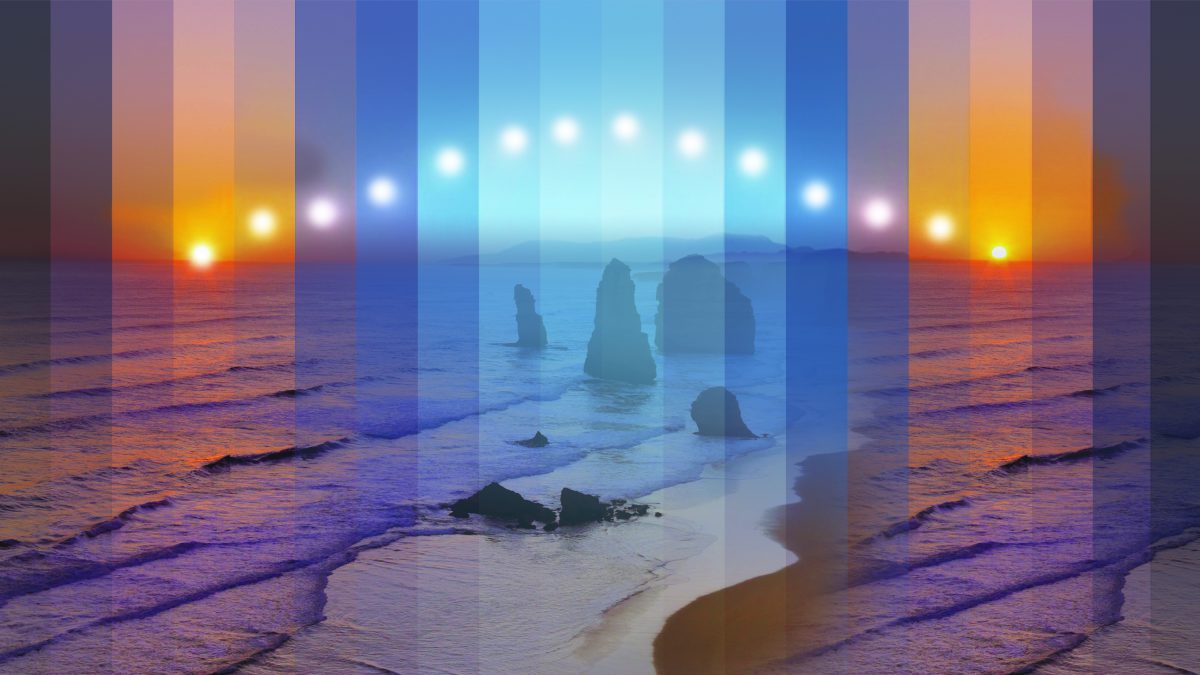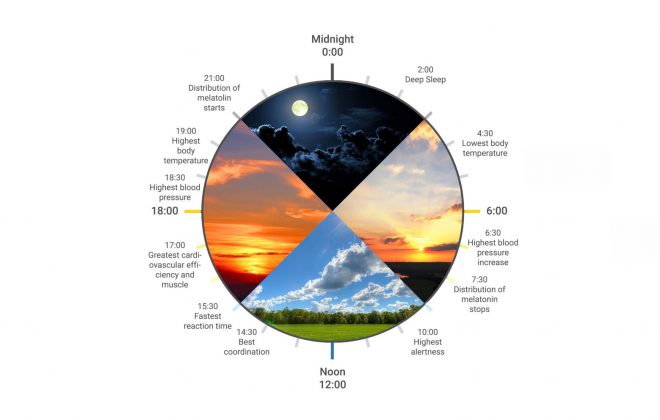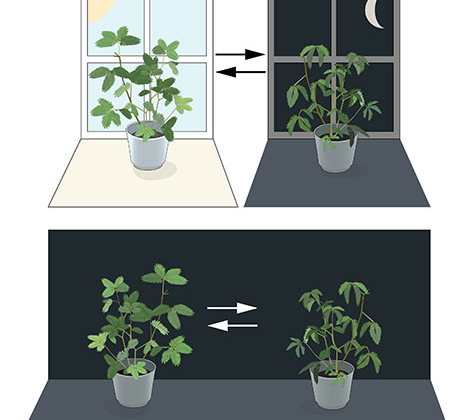Beat the winter blues with Human Centric Lighting
Winter is here, and that means shorter days and longer nights. Wth the absence of light especially early in the morning and in the late afternoons, many of us feel less productive and less focused, especially at the workplace. Believe it or not, this is a common affection, mostly for those of us working in office environments.
Scientists have conducted studies showing that the lack of natural light or exposure to poor artificial light over longer periods of time during winter can cause dysfunctions within our bodies’ inner biological clock. We’re talking here about the mechanism that controls our circadian rhythm, the internal process that regulates the sleep-wake pattern, present within all living beings.
Disruptions of our biological clock and circadian rhythm result in psychological and physical affections, such as SAD, sleep disorders, lack of concentration, low overall mood and more. Professor of psychology Greg Murray at Swinburne University Australia explains: ”If our body clock is saying it wants us to wake up at 09:00, because it’s a dark winter’s day, but we are getting ourselves up at 07:00 – then we are missing out on a complete sleep phase […] The body likes to do those things in synchrony with the body clock, which is the master controller of where our body and behavior is relative to the sun”.
Anna Wirz-Justice, professor at the Centre for Chronobiology at the University of Basel in Switzerland adds that the predictive function of a circadian clock is to regulate changes in the body’s physiology, biochemistry and behavior according to different times of the day, but also according to seasonal changes. The conclusion is that there are several hormones and other chemicals regulating our body clocks, but as an external factor light plays a crucial role the body’s overall wellbeing.
So is there any way of preventing this inner circadian clock from spiraling out of control during dim winter days, especially for people working in offices, hospitals, schools and other such environments? Well, yes, and the solution is pretty obvious. When natural daylight is not sufficient, using smart lighting solutions will do the trick. Smart lighting systems, based on LED panels and controllers can be a great replacement for natural light. They’re not only energy efficient, but also able to mimic daylight, which is a great asset. There’s also the new trend of HCL, human centric lighting, that gains more and more ground each day. This concept is focused on the visual and non-visual effects of light, centered on the needs of people working in windowless environments or spaces with less access to daylight.




